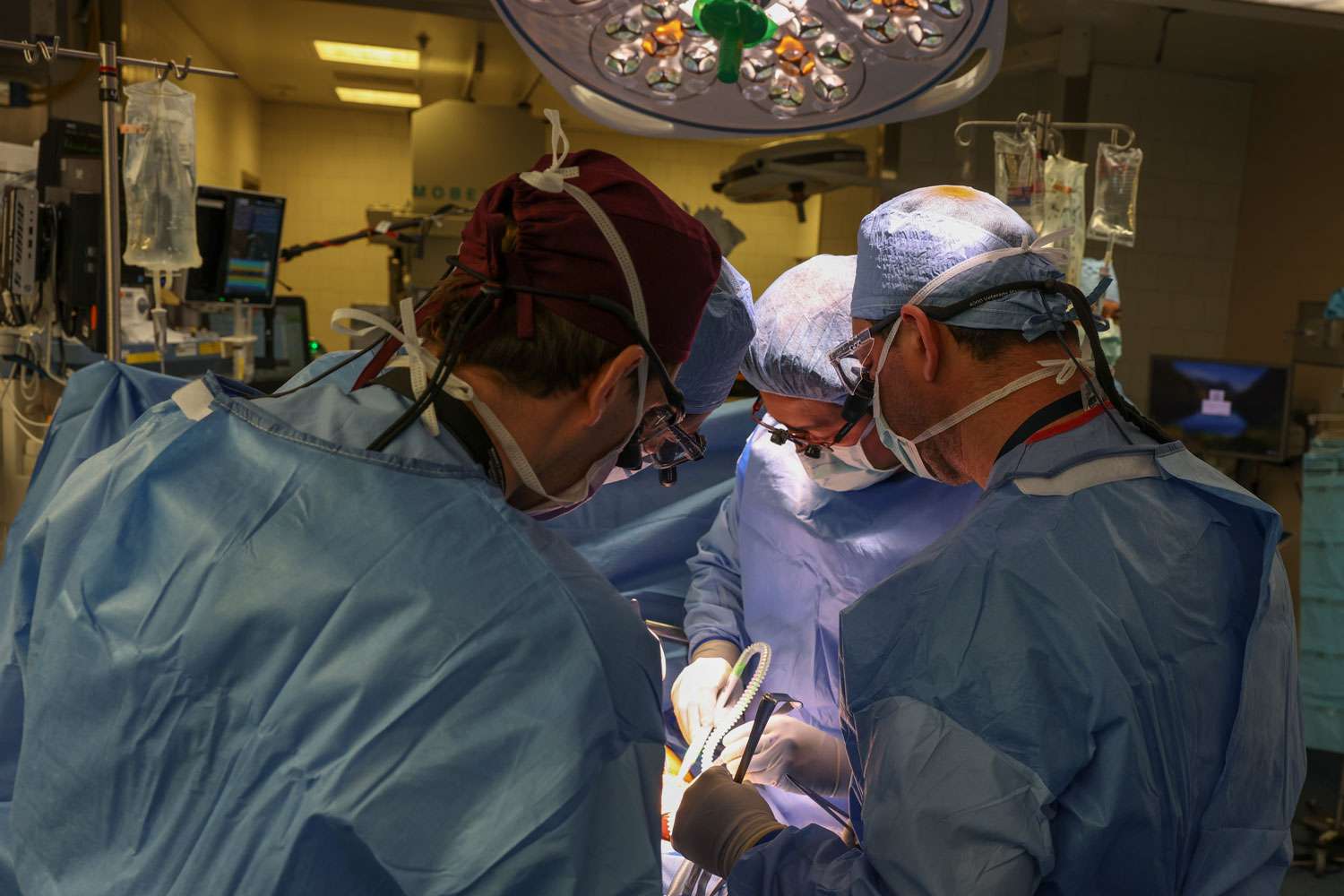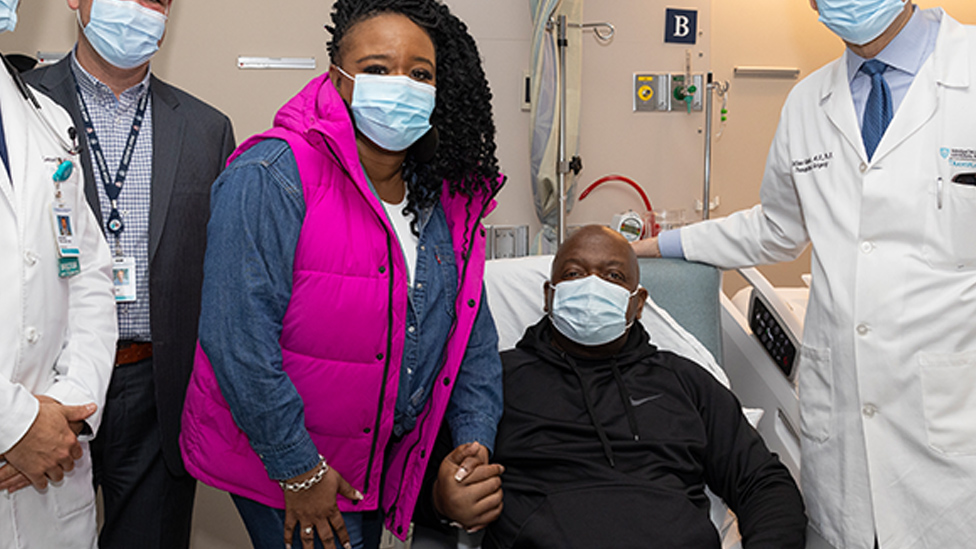Last Saturday, Richard Slayman achieved a historic milestone by becoming the first living person to undergo a kidney transplant from a genetically modified pig, as reported by surgeons at Massachusetts General Hospital in Boston on Thursday.
Slayman, aged 62 and previously reliant on dialysis due to kidney failure, underwent the four-hour surgery to receive the pig kidney, according to his nephrologist, Dr. Winfred Williams, who is also the associate chief of Mass General’s nephrology division.
“This truly marks a groundbreaking achievement,” remarked Dr. Williams. “If the kidney continues to function well and proves successful, it could signify a significant breakthrough across various domains.”
This pioneering xenotransplantation, where organs are transplanted from animals to humans, holds promise for the tens of thousands on organ transplant waitlists in the U.S. and many more globally, underscoring its potential impact.
“In the U.S., over 100,000 people are awaiting transplants, with about 90,000 in need of kidneys,” noted the United Network for Organ Sharing, which manages the country’s organ transplant system.
Despite its potential, xenotransplantation remains fraught with risks. Previous attempts at pig-to-human heart transplants resulted in patients surviving no longer than two months.
Slayman, who underwent surgery five days ago, continues his recovery at Mass General, with doctors optimistic about his progress.
“His vital signs are stable, and we are hopeful for a full recovery,” Dr. Williams stated, highlighting ongoing monitoring to detect any immune system rejection or viral complications.
Questions linger regarding the longevity of the pig kidney’s function.
“We are eager to learn if this xenograft will serve as a temporary bridge until a human organ becomes available, or if it will provide a lasting solution,” explained Dr. Jayme Locke, a transplant surgeon at the University of Alabama Birmingham Heersink School of Medicine.

However, despite the success, xenotransplantation remains unauthorized by the FDA, requiring extensive data from clinical trials to gauge its safety and efficacy.
“This transplant was conducted under the FDA’s compassionate use program,” noted Karen Maschke from the Hastings Center, emphasizing its experimental nature.
Slayman’s journey reflects a larger issue: approximately 800,000 Americans grapple with kidney failure and the demands of dialysis.
Having previously received a deceased human donor kidney in 2018, Slayman faced renewed dialysis last year due to organ rejection.
Given his critical condition, the option of returning to the transplant waitlist posed a daunting six-to-seven-year wait, which his doctors believed he might not survive.
“His situation was dire,” Dr. Williams recalled.
Consequently, Dr. Leonardo Riella, the medical director of kidney transplantation at Mass General, proposed the innovative approach of a pig kidney transplant, which Slayman, frustrated with ongoing dialysis, agreed to pursue.
“Our aspiration is for dialysis to become obsolete,” Dr. Riella affirmed.
The genetically modified pig kidney, developed by eGenesis based in Cambridge, Massachusetts, underwent significant genetic alterations to minimize rejection risk and viral infection.
Dr. Tatsuo Kawai, the surgeon who led the operation, described a moment of jubilation in the operating room upon seeing the kidney successfully produce urine after blood flow was restored.
“It was the most magnificent kidney I had ever seen,” Dr. Kawai remarked, reflecting the team’s relief and triumph.
Richard Slayman’s landmark procedure represents a significant advance in medical science, offering hope for future patients awaiting life-saving organ transplants.
